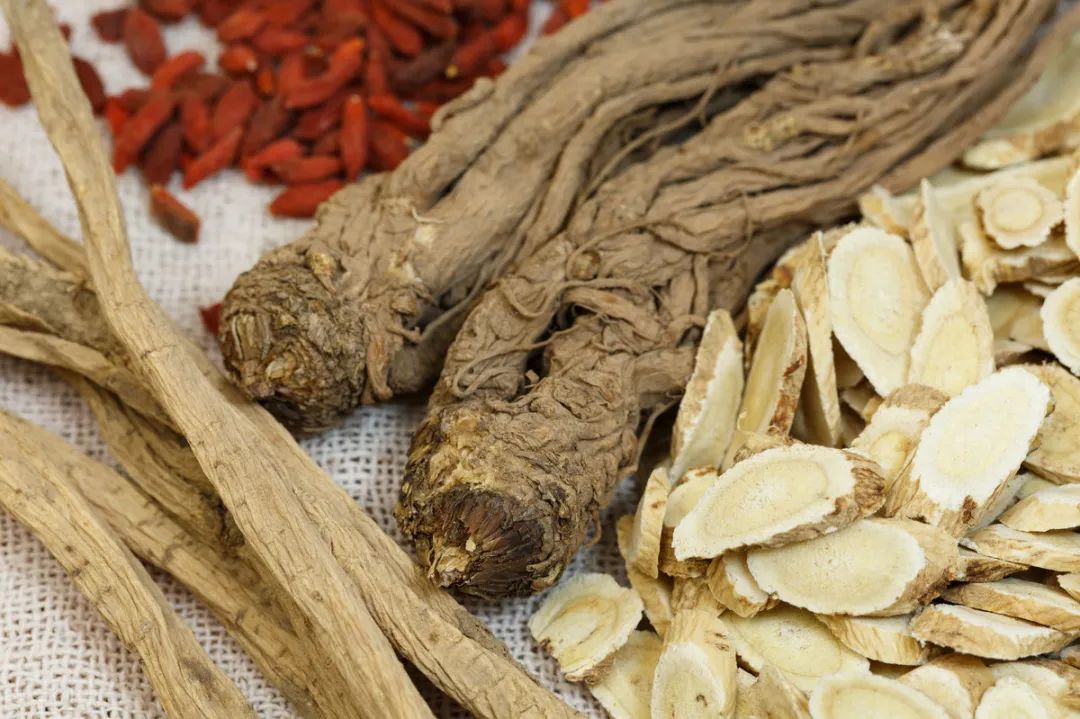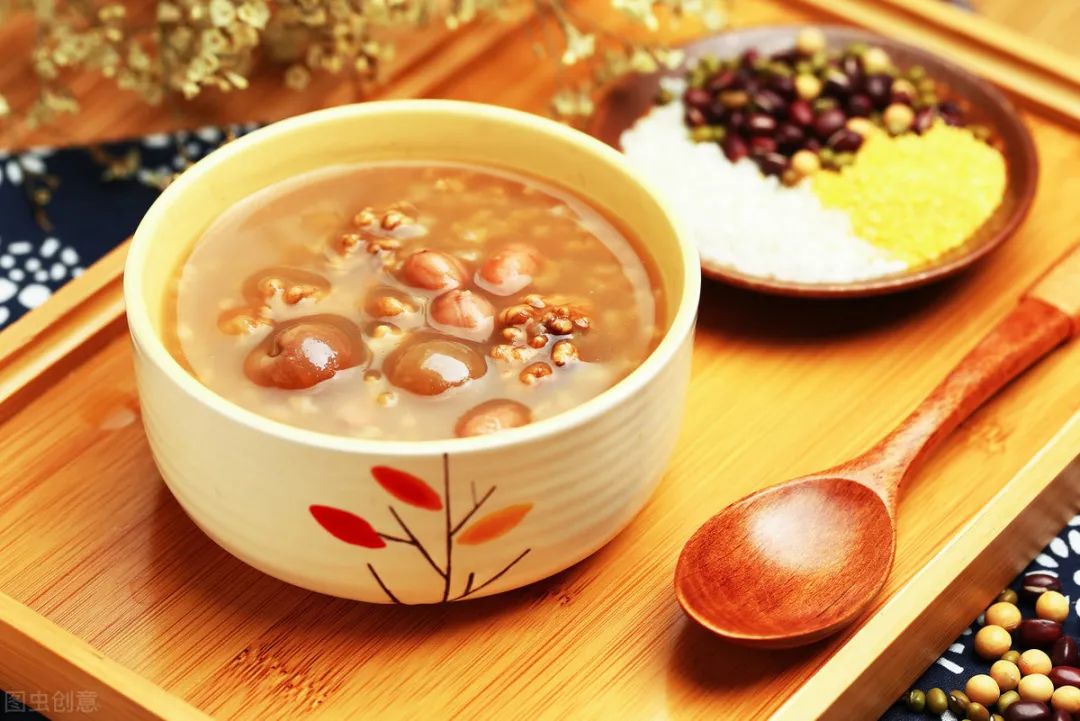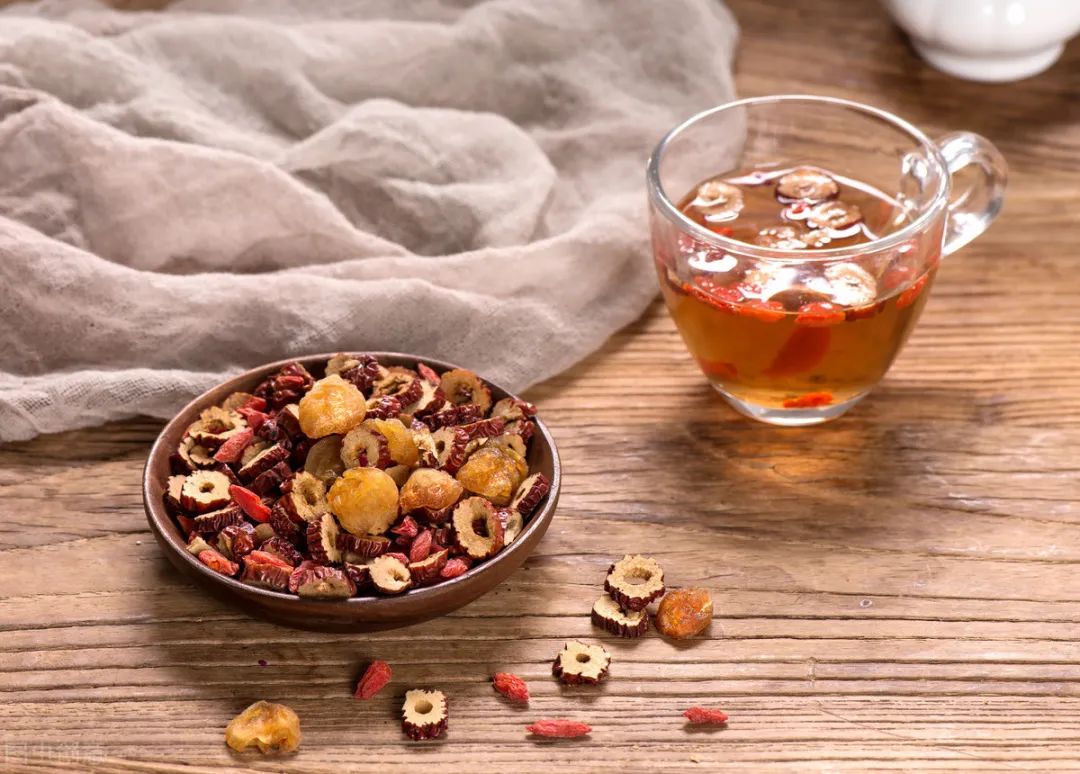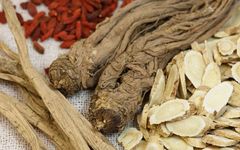Blood deficiency, blood stasis, blood cold, and blood heat are different manifestations of blood disorders, and the methods for nurturing them vary. If the wrong method is applied, significant results are hard to achieve. Let’s see which condition you belong to.
Blood Deficiency
What is Blood Deficiency?Blood deficiency refers to the insufficiency of blood, leading to the malnourishment of organs, meridians, and tissues. All skin and tissues in the body require blood for nourishment and fullness. When there is insufficient blood in the body, it cannot moisten and nourish the skin and tissues, resulting in blood deficiency.Symptoms of Blood DeficiencyIndividuals with blood deficiency often have a poor complexion, pale and sallow skin, and lack of color in the lips, tongue, and nails. They may experience dizziness, palpitations, and vivid dreams; in severe cases, they may suffer from dizziness, numbness in the hands and feet, and even night blindness. Women may experience scanty menstrual flow, pale color, or even amenorrhea. Some patients may experience significant hair loss in a short period.Causes of Blood DeficiencyCommon causes include improper diet, excessive fatigue, emotional distress, and excessive blood loss. Long-term illness or extreme physical weakness can also lead to blood deficiency.The key to nourishing blood is to regulate the spleen.Dietary Therapy: Angelica and Astragalus TeaPreparation:Use a ratio of 5:1 for Astragalus (Huang Qi) and Angelica (Dang Gui). Boil the Astragalus and Angelica three times, then combine the three batches of water and drink.

Astragalus nourishes Qi, while Angelica nourishes blood, achieving both blood and Qi replenishment simultaneously.Individuals with blood deficiency can drink the prepared Angelica and Astragalus tea daily. Those with weak Qi and blood, recovering from illness, or elderly individuals can consume it; however, those with Yin deficiency and excess heat, or those with serious illnesses, should avoid it. It is also advised not to consume Astragalus during a cold.
Blood Stasis
What is Blood Stasis?Blood stasis refers to a pathological state where blood circulation is slow and unimpeded, leading to Qi stagnation and blood stasis.Symptoms of Blood StasisIndividuals with blood stasis often have a dark complexion, deep purple lips, and localized pain in the body. In severe cases, the pain can feel like being cut by a knife, and it may worsen at night. Surface masses may appear dark purple, while internal masses are hard and do not move when pressed. There may be recurrent bleeding with dark purple blood or black stools. Women often experience amenorrhea.Causes of Blood StasisBlood stasis is caused by obstruction in blood circulation. Blood should flow freely, but various pathogenic factors can lead to blood accumulation or blood leaking outside the vessels, resulting in blood stasis.Individuals with blood stasis are prone to cardiovascular diseases and obesity.Dietary Therapy: Longan and Walnut TeaPreparation:Combine one part longan with two parts walnuts in cold water, bring to a boil, and simmer for 20 minutes. Drink this water as tea and consume the longan and walnuts.Those suffering from insomnia, anxiety, postpartum anemia, dysmenorrhea, or high blood lipids can drink longan and walnut tea for treatment.

Blood Cold
What is Blood Cold?Blood cold refers to the invasion of cold pathogens into the blood, causing cold to congeal and Qi stagnation, leading to poor blood circulation.Symptoms of Blood ColdIndividuals with blood cold often feel cold and prefer warmth. They tend to crave hot foods, have cold hands and feet, and may experience purple skin. Sometimes they may have abdominal pain, which alleviates with warmth. Women may experience delayed menstruation with dark purple blood and clots.Causes of Blood ColdBlood cold is caused by exposure to cold pathogens, insufficient Qi and blood, prolonged exposure to cold after blood deficiency, or women experiencing cold during menstruation or consuming excessive cold foods.Dietary Therapy: Ginger and Red Date TeaPreparation:Take five to six red dates and slices of ginger, boil them in water, and add brown sugar before serving as tea.Ginger and red date tea is best consumed in the morning and should not be consumed after noon; it must be drunk hot.Effects:This tea treats chin acne in women, improves digestion, alleviates wind-cold colds, and harmonizes the digestive and respiratory systems.

Blood Heat
What is Blood Heat?Blood heat refers to an abnormal condition where external heat pathogens invade the blood, causing accelerated blood flow.Symptoms of Blood HeatIndividuals with blood heat often have red, oily skin and are prone to acne. They may exhibit irritability, mood swings, and hot palms and soles. Bleeding phenomena such as nosebleeds, gum bleeding, hematuria, and coughing up blood may occur. Some patients may also suffer from psoriasis.Causes of Blood HeatTraditional Chinese Medicine believes that excessive Yang Qi in the body, high fire energy, and overheating of the blood can lead to accelerated blood flow and rapid pulse. This may be due to irritability, poor emotional state, or excessive consumption of seafood and spicy foods, which can harm the spleen and stomach, leading to blood heat.Dietary Therapy: Chrysanthemum TeaPreparation: Brew an appropriate amount of chrysanthemum flowers to drink as tea.Effects: Chrysanthemum has a sweet and bitter taste, is cold in nature, and has functions such as dispersing wind and clearing heat, clearing the liver and brightening the eyes, and detoxifying and reducing inflammation. It is effective for acne, throat inflammation, wind-heat colds, headaches, and oral ulcers caused by excessive dryness and heat.

